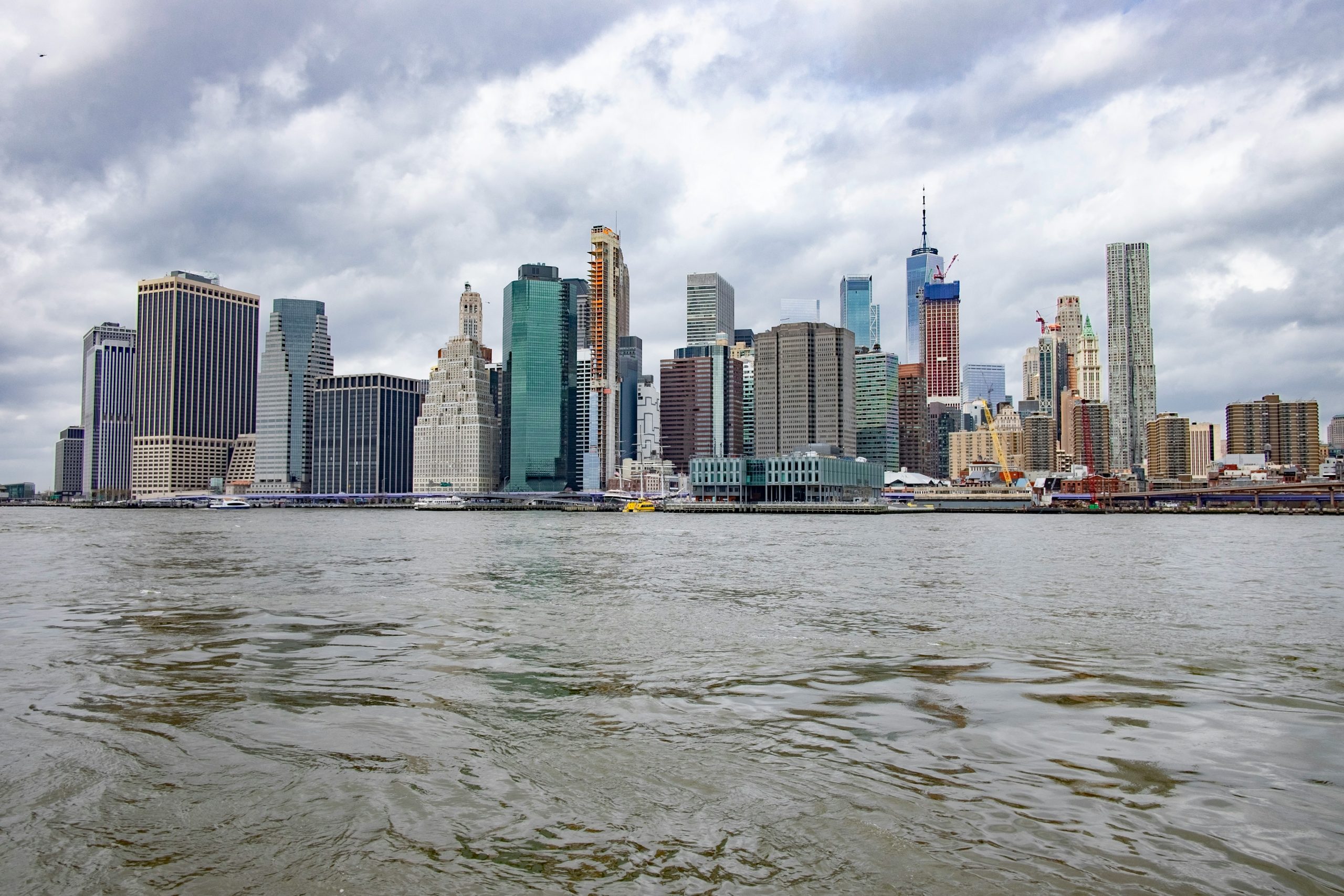Climate change is projected to impose significant financial burdens on U.S. households, according to a new report by the U.S. Department of the Treasury. Between 2018 and 2022, weather and climate disasters caused over $617 billion in damages, a record high. In the past year alone, 13% of Americans reported economic hardship due to severe weather events and disasters.
Graham Steele, assistant secretary for financial institutions at the Treasury Department, stated, “Severe flooding, wildfires, and extreme heat are imposing significant financial burdens on households across the country.”
Pay and Benefit Disruptions
Flooding and wildfires can damage businesses, causing employers to furlough or lay off staff. This leads to lost wages and potentially the loss of workplace benefits like health insurance or retirement plans.

Sectors such as agriculture, construction, manufacturing, and tourism could see reduced job availability, leading to prolonged unemployment. Outdoor workers, who spend more than two-thirds of their workday outside, are particularly vulnerable to disruptions in hours and pay.
Property Destruction
Climate disasters impacted 1 in 10 houses in the U.S. in 2021, with damages exceeding $56 billion, according to CoreLogic. Families unable to afford repairs may see property values decline or vanish. The report cites Hurricane Katrina, which damaged about 70% of Louisiana properties, with many remaining unrepaired or uninhabitable years later. Relocation due to climate change could incur significant expenses.
Higher Prices for Consumer Products and Energy
Disruptions to supply chains caused by climate change could lead to higher prices for certain products. Droughts, floods, and extreme temperatures may create food shortages, increasing supermarket prices. Transportation of goods may also be affected, causing delays and shortages.
Rising food prices could exacerbate food insecurity, particularly for lower-income households. Energy bills are expected to rise as families use air conditioners more frequently during heat waves, and medical expenses may also increase due to climate-related health issues.
Andrew Rumbach, a senior fellow at the Urban Institute, praised the government for focusing on the financial impacts of climate change on households, noting that individuals and families will ultimately bear many of these costs.

